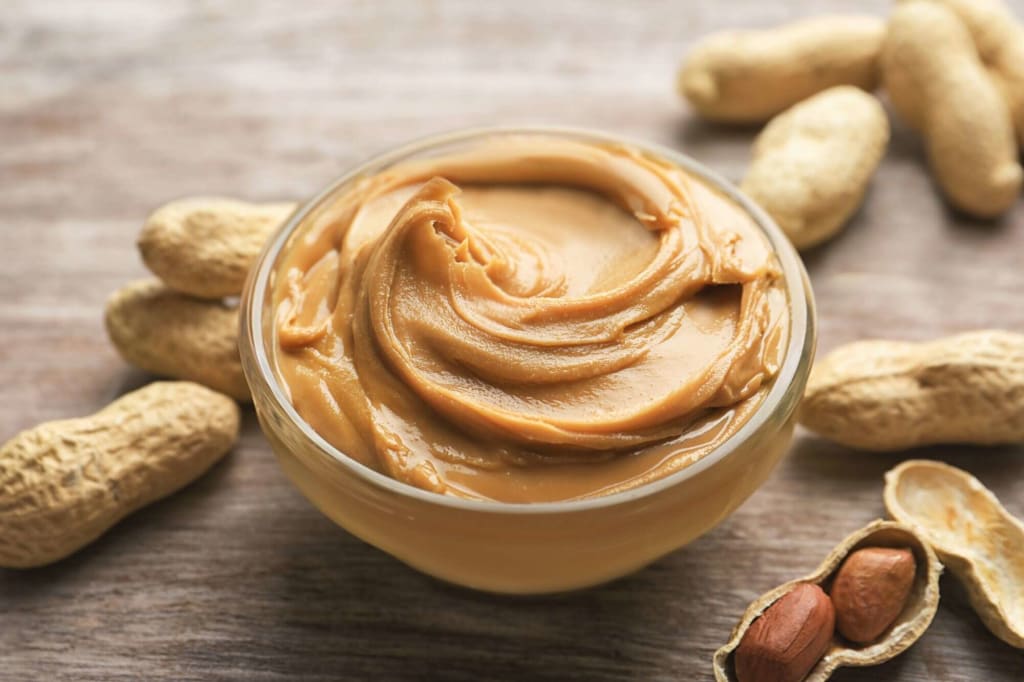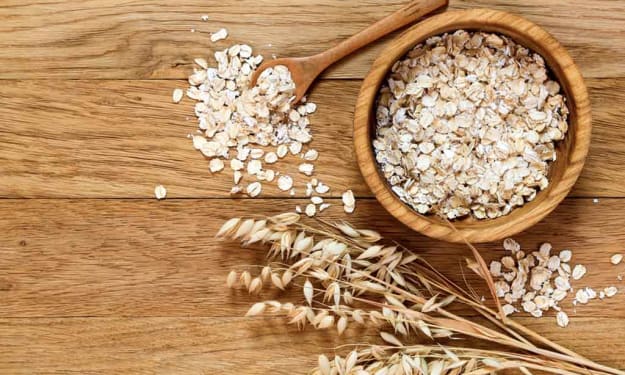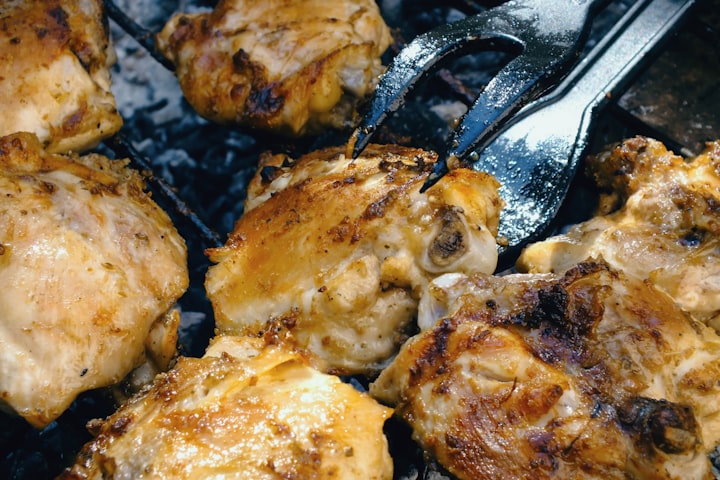Is Peanut Butter Good for You? The Truth About Nut Butter, According to Experts
This is for you!

Peanut butter, once a lunchbox staple, has earned a poor rap in recent years, leading the promotion of a variety of different nut-butter alternatives. And, while we love cashew butter for its silky texture and almond butter for its additional nutty flavor, we're wondering if there's still room in our pantry for the once-loved (ahem—still cherished) spread. Is there any truth to the notion that peanut butter no longer has a place on our sandwiches? As a result, we enlisted the help of experts: Is peanut butter good for you?
Because peanuts are botanically a legume and not a tree nut, Whole30 and Paleo diets group them with peas, beans, and lentils in the legume family. These diets advocate avoiding legumes while allowing tree nuts to be consumed during meal and snack times. Customers may abandon peanut butter in favor of tree-nut butters such as almond, cashew, and hazelnut as a result of this popular diet framework.
Lauren Harris-Pincus, M.S., R.D.N., creator of Nutrition Starring YOU and author of The Everything Easy Pre-Diabetes Cookbook, says, "Those diets are fads, plain and simple." "Any diet that eliminates entire food groups is a fad to me." She points out that unless you have a peanut allergy or sensitivity, there's no reason to eliminate entire food groupings from your diet, such as legumes. According to Wesley Delbridge, R.D.N, a registered dietitian and spokesperson for the Academy of Nutrition and Dietetics, any concern about peanut butter is likely due to a lot of misconceptions about the classic spread.
Nutritional information about peanut butter
Two tablespoons of smooth peanut butter with salt, according to the USDA, comprises approximately:
Calories: 204
Total fat: 16 g
Sodium: 137 mg
Total carbohydrates: 7 g
Fiber: 2 g
Sugar: 3 g
Protein: 7 g
Peanut butter has a slightly different micronutrient profile than other nut butters, but it has a similar nutritional value, according to Jessica Zinn, M.S., R.D., C.D.N. Peanut butter, depending on the brand, may be slightly more nutritious than other nut kinds, with a smidgeon more protein, vitamins, and minerals, according to Harris-Pincus.
Delbridge advises that you read the ingredient label on the container you're buying. If you're watching your sugar or sodium intake, a natural peanut butter made entirely of roasted peanuts can be a good choice. Because natural choices don't include an emulsifier to keep things together, there will normally be a coating of oil on top that you'll need to blend in.
To help adapt your palate to the less sweet flavor of natural peanut butter, he recommends using half-natural and half-sweetened peanut butter at first. And if you prefer the sweetness of traditional peanut butter, he says that's fine as long as you keep the sugar and calories in mind when setting your daily objectives.
Peanut butter health benefits
Peanut butter has a long list of advantages. Delbridge says it's healthful, has good fats, is high in fiber, is shelf-stable, transportable, high in protein, adaptable in recipes, has a lengthy expiration date, and kids adore it.
If the high fat content worries you, Zinn tells you that it actually benefits you. "The high fat content encourages satiety and meal satisfaction," she explains. This makes them ideal for weight loss because the fat and protein content ensures contentment after a meal, according to Zinn.
Peanut butter is also beneficial because it may be incorporated into a variety of diets. According to Zinn, those who monitor their blood sugar levels can benefit from peanut butter because it is low in carbohydrates and has a low glycemic index, meaning it has a minimal impact on blood sugar levels. She adds, "This might be a terrific addition to a snack or meal that promotes blood sugar balance."
Furthermore, peanut butter is far less expensive than its competitors. "Almond butter has a halo around it because it's more expensive than peanut butter, but we get elitist about our food," Harris-Pincus explains. However, including a wide variety of foods in your diet has its advantages. Feel free to mix and match with all different kinds of nut butters if your taste preferences and money allow, she says.
If that wasn't enough, Harris-Pincus claims that peanuts are significantly more sustainable than many other nuts. They use significantly less water to cultivate (just under five gallons per ounce of peanuts against 80 gallons per ounce of almonds) and have the smallest carbon footprint, according to her.
Peanut butter's possible danger
According to Delbridge, the main reason peanuts and other legumes are excluded from many fashionable diets is that they contain lectins, which are proteins that bind with carbs and are found in most plants. According to Harvard School of Public Health, lectins have been linked to obesity, chronic inflammation, and autoimmune illnesses due to popular media and fad diets.
These lectins are meant to defend the bean, but they've earned the moniker "anti-nutrient" because they inhibit some vitamins from being absorbed and can sometimes induce gastrointestinal discomfort, according to him. Furthermore, peanuts may include phytates, which can bind to minerals like zinc and iron, preventing absorption, according to Zinn.
But, according to Delbridge, it's not necessarily a cause for concern. This only occurs when a person consumes a big amount of beans, much above the recommended serving size (two tablespoons for peanut butter).
"The suggested portion size for peanut butter is so minimal that it won't have a substantial impact on your digestion or nutrient absorption," Delbridge explains. However, if you find that legumes irritate your stomach, you can make the personal decision to avoid them, he points out.
What's the right amount of peanut butter to eat?
"Because peanut butter is high in calories and fat, even though these are heart-healthy fats," Zinn says, "eating too much of them might lead to weight gain."
Again, two tablespoons of peanut butter is the recommended serving amount for a meal or snack, and this is easily overdone. To make sure you're getting the right quantity, Zinn recommends using a measuring spoon or a food scale.
"I am a big believer that in a balanced diet, there is no such thing as bad food; there are only unhealthy portions," Delbridge explains. Peanut butter is absolutely healthy to eat every day, he adds, as long as you evaluate the food you're eating throughout the day with the goal of balance. Take a look at some of the peanut butters that our experts recommend.





Comments
There are no comments for this story
Be the first to respond and start the conversation.